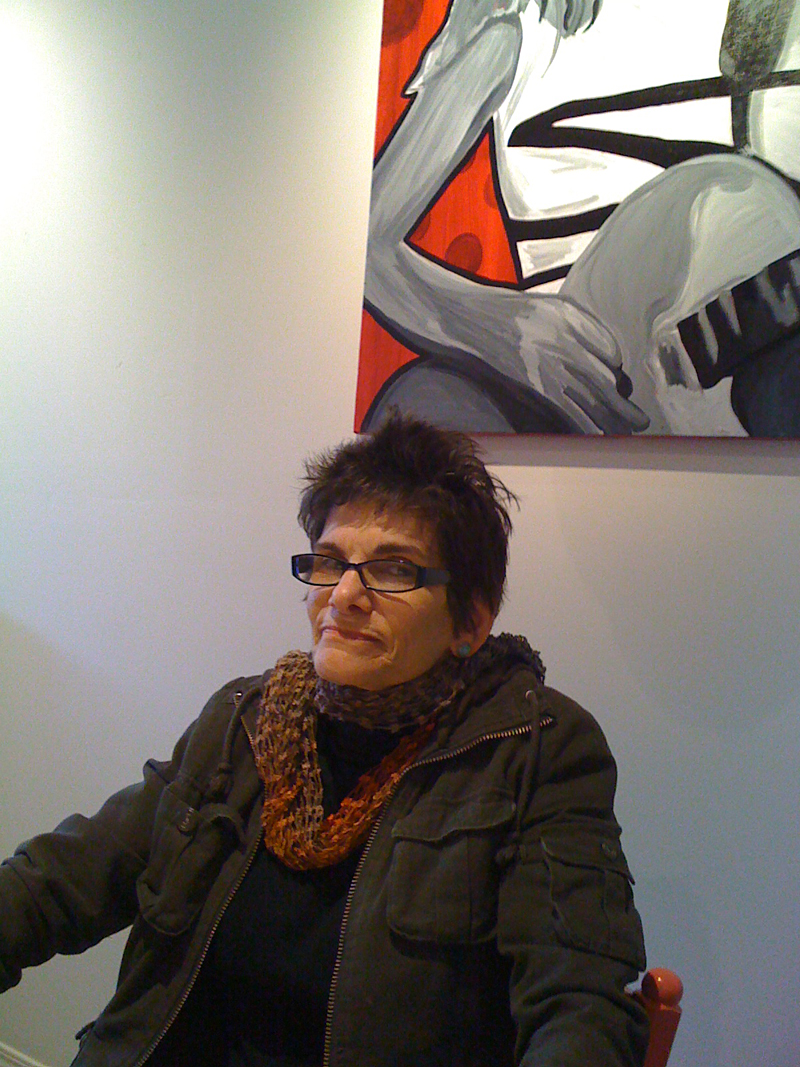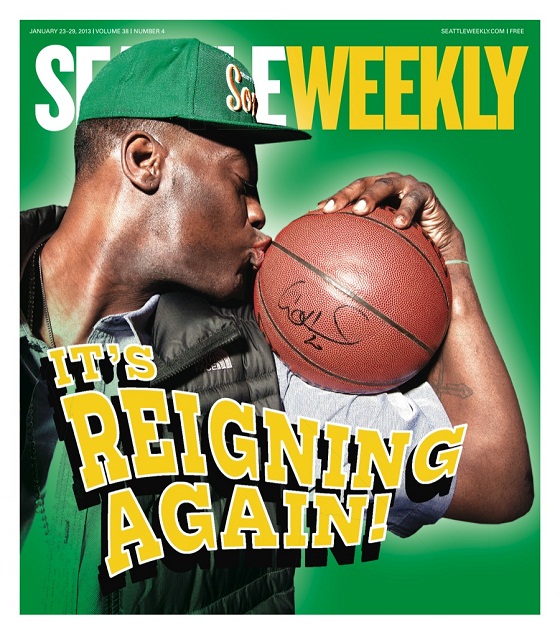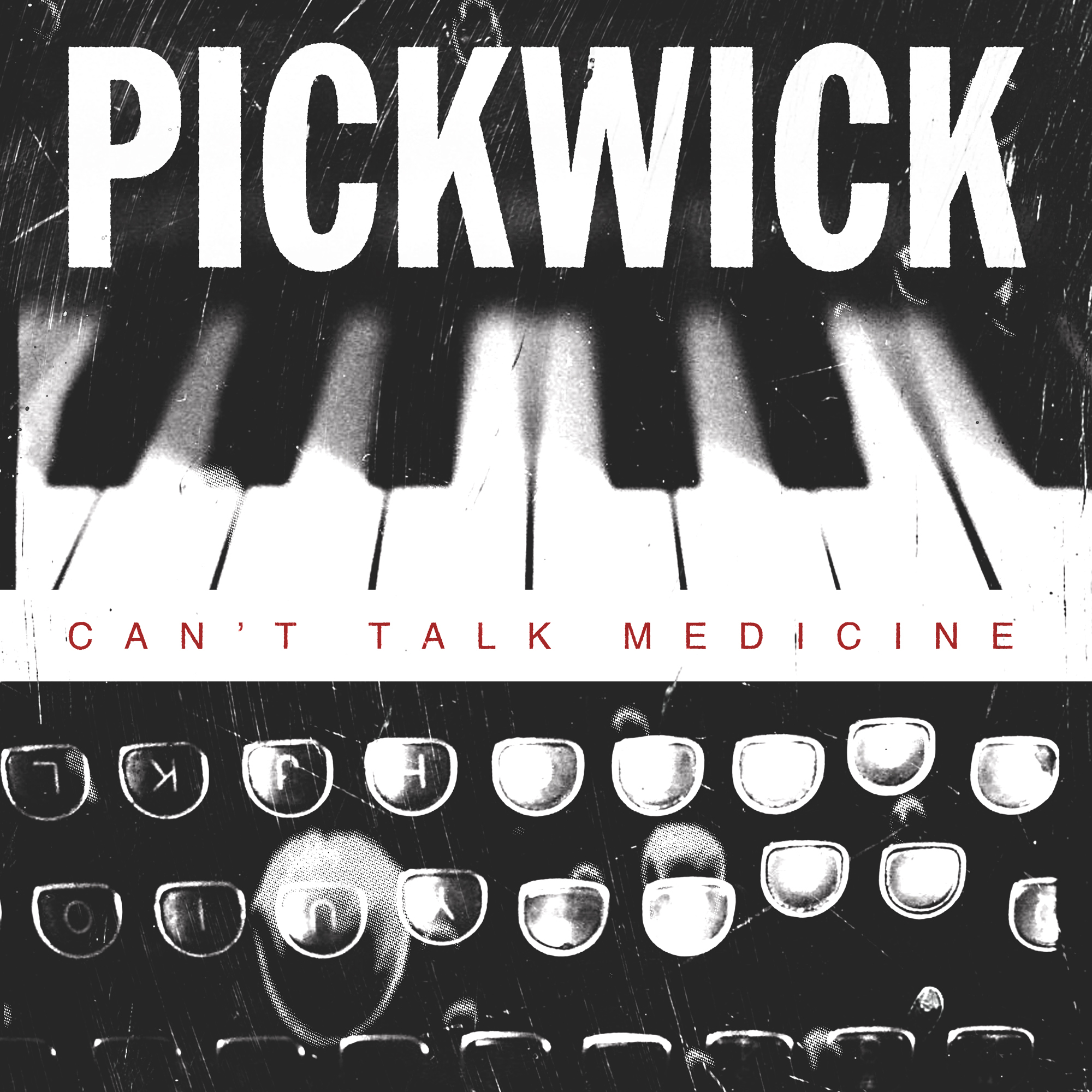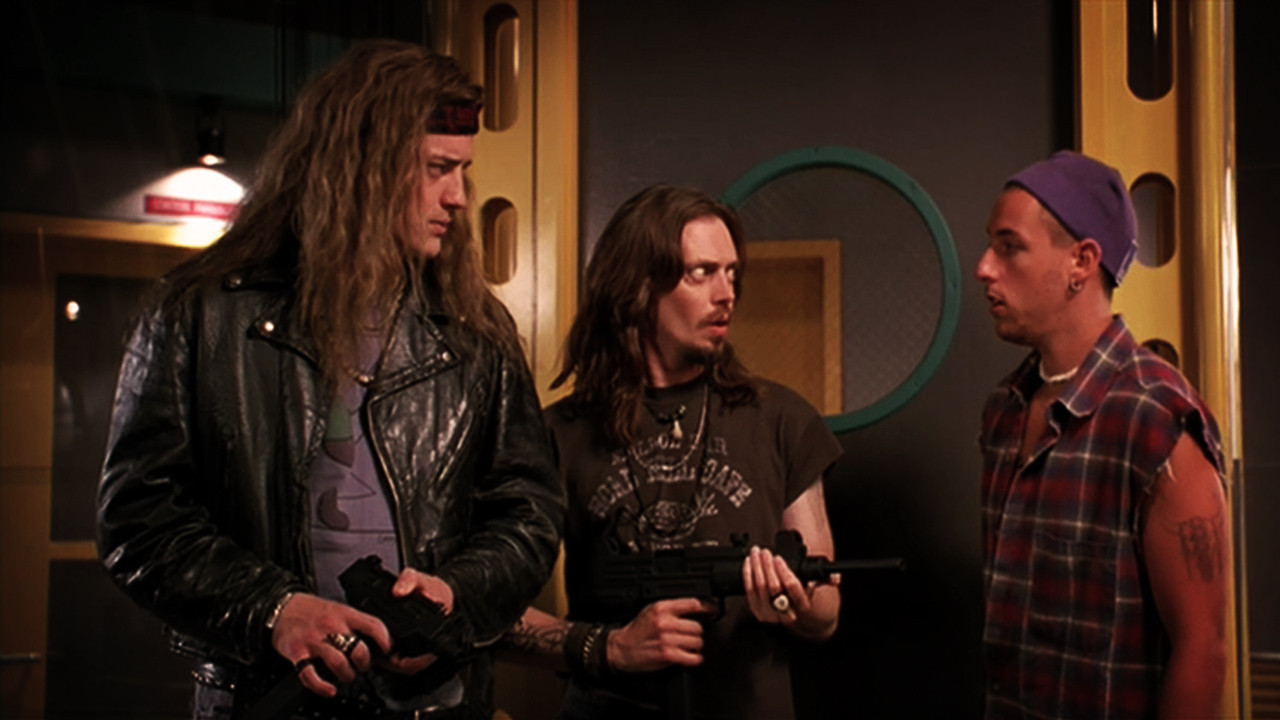If you’re splitting a $5 cover three ways on a Sunday afternoon at the Comet 44 years after your song topped the charts, few would blame you for pulling a Bad Blake—showing up drunk, bored, and bitter for a set that is a bastardization of your former self. However, Ruthann Friedman, author of “Windy,” a #1 single made famous by The Association in 1967, went the other direction during her first visit to Seattle.
Bellied up to the bar wielding a 10 of clubs (her drink ticket), Friedman informed me that she’d be nursing her beer until she took the stage for her set. After all, she said, she’d driven more than 800 miles to play this two-night stand (she also performed at Rendezvous on Monday), and she wanted to remember the trip.
Friedman isn’t touring as a washed-up, has-been hitmaker. She’s on the road as a curious, adventurous member of the L.A. folk scene with a record she hopes to release this summer. At the Comet she lugged, tuned, and even lent (to local opener Sebastian Clark) her own guitar, paid no mind to the gaggle of barflies deep in conversation, and entertained the audience with her sharp wit and autobiographical folk. Clark later returned the favor, offering his home for the night to Friedman and her tour mates in the band Fort King. They gladly accepted. On this mini-tour that runs through Port Townsend, Portland, and San Francisco, couch-surfing is the norm.
“I’m not a wealthy woman,” Friedman explains Monday afternoon over coffee at Capitol Hill’s Cupcake Royale. “My husband and I are comfortable. We have a house that I bought in 1970. I don’t need a whole lot. I don’t want to stay in a fancy hotel. I’m much happier at Sebastian’s house. It’s cozy, it’s comfy, and we can chat.”
On her 1970 solo record, Constant Companion, and the 2006 Hurried Life (a no-stone-unturned rarities collection released by Water Records), Friedman sounds like a freakier, less pretentious Joni Mitchell. At Sunday’s show, she sounded just as grounded, albeit with a bit less range, and no less engrossing. Her performance was a testament to how gripping a singer with an acoustic guitar can be without overdoing the preciousness, emotion, and clichés.
Opening with the new single “That’s What I Remember”—she calls the song her introduction—Friedman walked the audience through her early years of adolescent mischief, her experiments in mind expansion, and the occupation that rescued her from the music business: parenting. “You cannot be a child when you have children,” she said later.
Friedman had been out of the music business for more than 30 years when Water Records reissued Constant Companion in 2006. In the intervening decades she opened and closed a stationery company, got married, raised two daughters—one became a psychologist, the other a doctor—and earned a degree in English from UCLA.
But the interest from Water, and a call from modern freak-folk icon Devendra Banhart, rekindled her passion for writing songs and playing the guitar, which she had scarcely touched for decades. “It was painful for me to [play guitar],” she says of her years away from the instrument. “I haven’t been psychoanalyzed to know why. I can just tell you that I felt a loss. And when I did it, I felt that I had failed in some way, that I had not followed through, that I had given up.”
Friedman’s ’60s and ’70s catalog did not make an appearance at the Comet. She sometimes works old material into her sets, and will indulge eager audiences with a sing-along of “Windy,” but prefers to stick to the more contemplative material that she has planned for the new record. As for how she’s going to release it, she’s as puzzled by the state of the industry as any of her younger colleagues. “I can’t make any sense of it,” she says. “But I’m enjoying what I’m doing. There was something very comforting about going to a record company who picked you up and did everything. But you were always sure they were screwing you in some way or another.”
Though she’s generally palling around with musicians half her age, Friedman hasn’t lost touch with all her old associates. Jackson Browne lent her his Santa Monica recording studio, former boyfriend Van Dyke Parks plays piano and accordion on the record, and a few weeks ago at a benefit she ran into David Crosby, whose house she was living in platonically when she wrote “Windy.”
“He didn’t remember,” she says. “It really was crushing. Then I realized: He’s been through so much. He’s lost years, which happened to a lot of people.”
After wrapping up her confessional introduction, Friedman tells the audience: “It’s a good thing my mother’s deaf.”
Of all people, surely her mother would be proud to hear how her daughter is conducting herself in the coda of her career.
“I had a very sour experience in the music business,” she says. “I was making bad choices, and I didn’t know what to do. Now I’m really enjoying it. It’s very different going back to it as a senior citizen than as a 20-year-old girl. It’s easier for me. Less complicated.”








